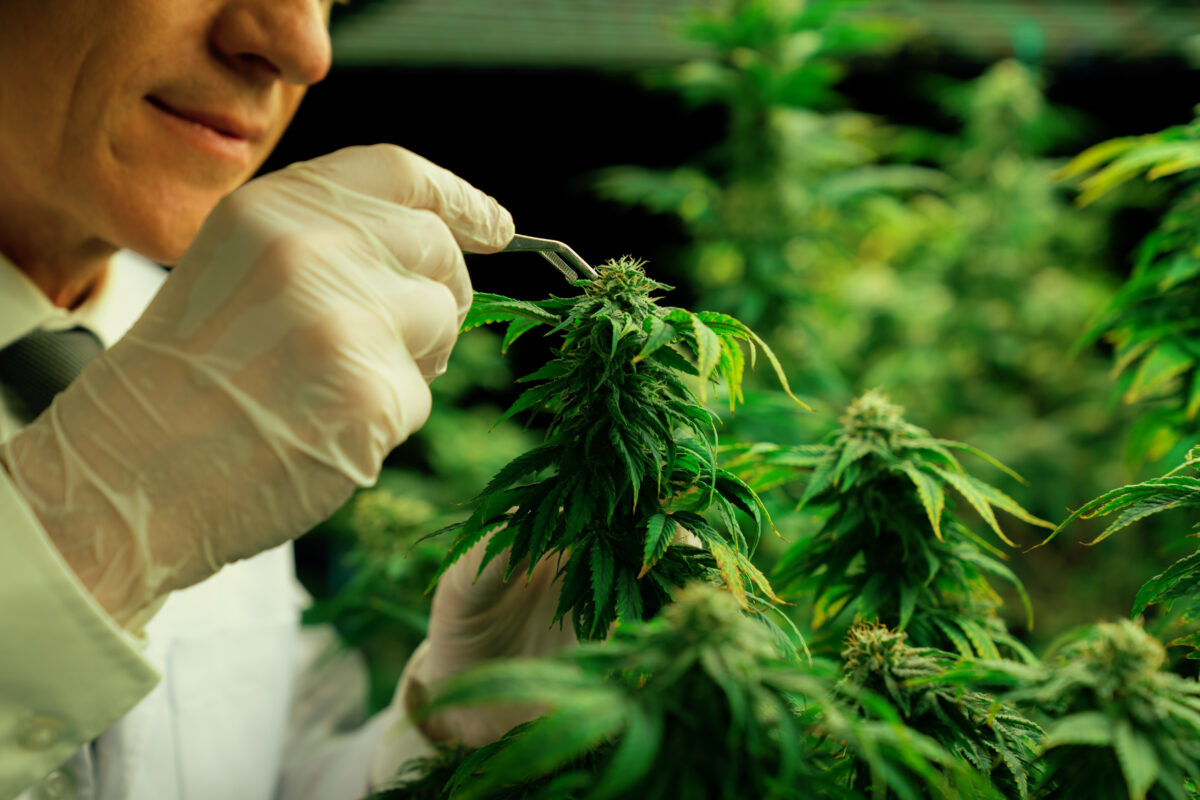The Science of Cannabis: How Does It Affect the Body and Mind?
Cannabis, often known as marijuana, has been a topic of significant interest and debate for decades. As society’s perspective on this plant has evolved, so has the scientific understanding of how it interacts with the human body and mind. In this blog post, we will delve into the science of cannabis and explore how it affects the body and the mind.
The Cannabis Plant
Cannabis is a diverse and intricate plant known for containing several chemical compounds, including over 100 cannabinoids. Amongst compounds, the two most extensively studied and well-known are tetrahydrocannabinol (THC) and cannabidiol (CBD). These cannabinoids are central to our comprehension of how cannabis influences the human body and mind.
Endocannabinoid System (ECS)
The importance of understanding cannabis’s effects lies in the endocannabinoid system (ECS), a biological system found in all vertebrates, including humans. The ECS plays a critical role in preserving homeostasis, which is the internal equilibrium within the body.
It comprises receptors, endocannabinoids (naturally occurring compounds in the body), and enzymes that break down these endocannabinoids.
Interactions with the Endocannabinoid System (ECS)
THC and CBD have distinct interactions with the endocannabinoid system (ECS), although their effects may vary. THC, primarily present in the marijuana plant, exhibits an affinity for binding to CB1 receptors within the brain and central nervous system. This interaction is responsible for the well-known psychotropic effects often associated with cannabis use. These effects may encompass alterations in perception, mood fluctuations, and disruptions in memory.
CBD, on the other hand, has a more complex interaction with the ECS. It doesn’t directly bind to CB1 receptors but can influence them indirectly. CBD is non-psychoactive and is renowned for its potential therapeutic effects, which include pain relief, anxiety reduction, and anti-inflammatory properties. Research suggests that CBD can modulate the effects of THC and even reduce its psychotropic impact when both compounds are present.
Methods of Consumption
Smoking and vaporizing offer a quick onset of effects, but these effects may have a relatively brief duration.
Edibles and topicals, on the other hand, have a slower onset but can provide longer-lasting relief. The method of consumption significantly influences the user’s experience and the intensity of the effects.
Short-Term and Long-Term Effects
Short-term effects of cannabis use can vary from person to person. Some may experience euphoria, relaxation, and heightened sensory perception, while others might feel anxious, paranoid, or experience memory impairment. Additionally, cannabis can increase heart rate and risks to individuals with certain medical conditions.
Long-term, heavy cannabis use can lead to a condition known as cannabis use disorder, characterized by withdrawal symptoms, tolerance, and a compulsion to use the drug. Cognitive effects, particularly in adolescents, have been a subject of concern. Research has shown that heavy, long-term cannabis use during adolescence may impact memory, attention, and learning.
Individual Variability
It is important to note that individual responses to cannabis can vary significantly. Genetics, prior exposure, tolerance, and the environment in which the drug is used (known as “set and setting”) all contribute to the diversity of experiences. What might be enjoyable and therapeutic for one person could be anxiety-inducing for another. Responsible and informed use is essential to mitigate risks.
Medical Applications
Cannabis has found applications in the field of medicine. Research and clinical trials have demonstrated its effectiveness in managing pain, treating epilepsy, and alleviating nausea in cancer patients undergoing chemotherapy. As the understanding of cannabis’s potential benefits grows, more medical applications may emerge.
Legality and Regulations
The legal status of cannabis varies significantly worldwide. Some regions have legalized it for either medicinal or recreational purposes, while others maintain strict prohibitions. These legal differences not only affect the availability of cannabis but also impact research and education related to its usage.
In summary, the study of cannabis is a multidimensional field encompassing an understanding of the plant’s compounds, the endocannabinoid system, and the various methods of consumption. Its effects on the body and mind can span from therapeutic to potentially harmful depending on numerous factors. As the legal landscape changes and scientific research progresses, our comprehension of this intricate plant will continue to develop. Responsible usage, well-informed decision-making, and ongoing research play a crucial role in navigating the realm of cannabis.



